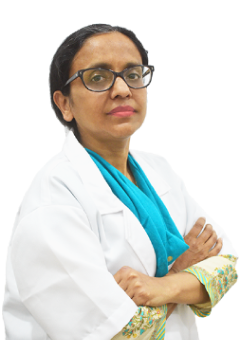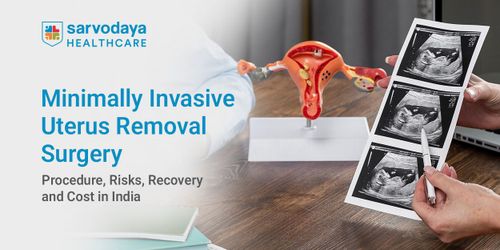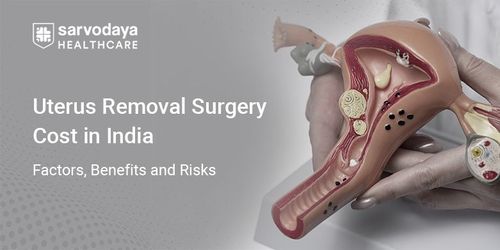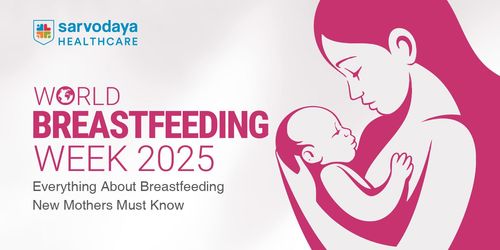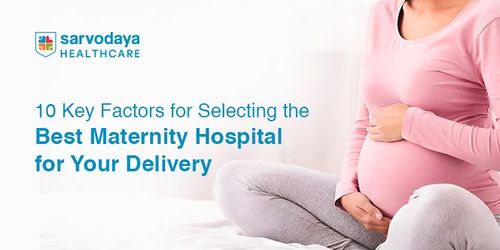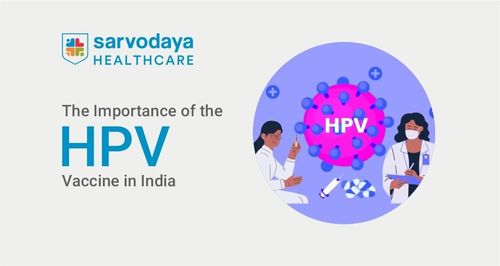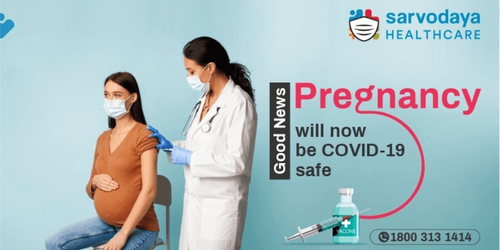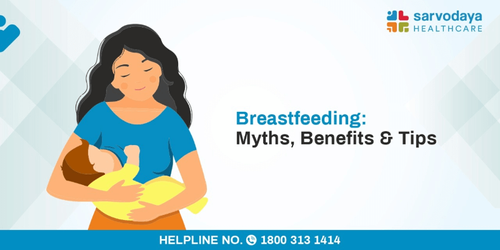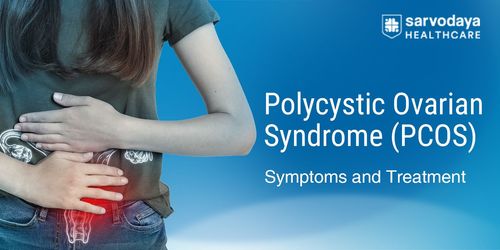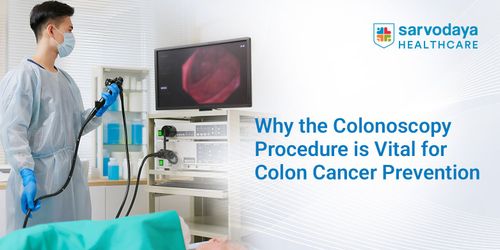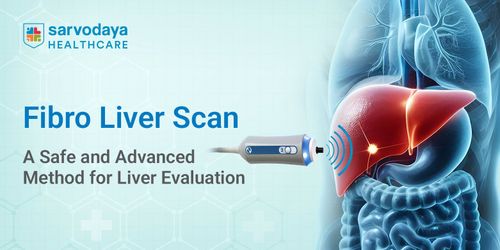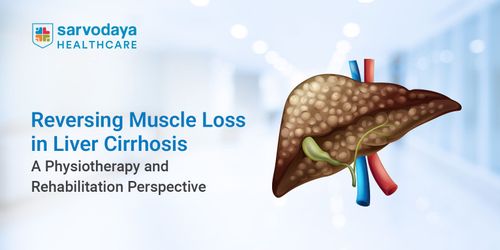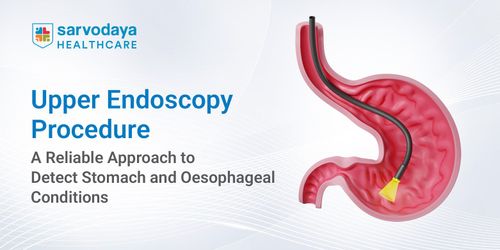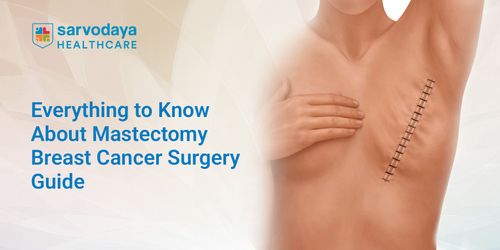Pregnancy is often described as one of the most beautiful journeys of a woman’s life, but for some, it comes with challenges that require extra attention and medical support. A high-risk pregnancy means that there are potential complications that could affect the health of either the mother or the baby. While this may sound worrying, with the proper care, timely intervention, and regular monitoring, both mother and child can still enjoy a safe and healthy outcome.
In this blog, we will explore what a high-risk pregnancy is, the different types of high-risk pregnancy, the factors that contribute to complications, and the available high-risk pregnancy treatment options.
Understanding High-Risk Pregnancy
A high-risk pregnancy refers to a condition in which the chances of health issues during pregnancy are greater than usual. This does not mean that complications will always occur, but it highlights the need for extra care and close supervision by a high-risk pregnancy specialist.
Some of the situations that may make a pregnancy high-risk include:
- Pre-existing health problems such as diabetes, hypertension, or heart conditions
- Complications that develop during pregnancy, such as gestational diabetes or preeclampsia
- Maternal age, either very young or above 35
- Multiple pregnancies, such as twins or triplets
Types of High-Risk Pregnancy
Not all high-risk pregnancies are the same. The causes and risks can vary, which is why doctors often classify them into different categories.
Some common types of high-risk pregnancy include:
- Pre-existing Medical Conditions: Women who already have chronic illnesses such as diabetes, thyroid disorders, kidney disease, or high blood pressure before pregnancy are considered at higher risk.
- Pregnancy-related Complications: Issues like gestational diabetes, preeclampsia, placenta previa, or preterm labour can arise during pregnancy and require specialised monitoring.
- Lifestyle and Environmental Factors: Obesity, smoking, alcohol consumption, poor diet, or exposure to harmful substances can increase risk levels significantly.
- Age-related Risks: Pregnancies in women under 17 or above 35 are often considered high-risk due to hormonal, biological, and developmental challenges.
- Multiple Pregnancies: Carrying twins, triplets, or more often brings additional risks such as premature delivery or low birth weight.
Read More- 10 Key Factors for Selecting the Best Maternity Hospital for Your Delivery
High-Risk Pregnancy Factors
Several factors contribute to the development of a high-risk pregnancy. While some are beyond control, others can be managed with lifestyle changes and medical support.
Some common high-risk pregnancy factors include:
- Medical History: Chronic diseases such as hypertension, diabetes, asthma, and thyroid issues play a significant role.
- Previous Pregnancy Complications: A history of miscarriages, stillbirths, or caesarean deliveries can increase risk.
- Multiple Pregnancies: Carrying more than one baby increases the strain on the body and the chances of premature delivery.
- Maternal Infections: Conditions like HIV, hepatitis, or sexually transmitted diseases can affect both mother and child.
- Family History: Genetic conditions or inherited diseases can influence pregnancy outcomes.
- Lifestyle Choices: Poor nutrition, lack of physical activity, stress, smoking, or alcohol consumption heighten the risks.
Diagnosis and Monitoring of High-Risk Pregnancy
Early identification and continuous monitoring are crucial in managing a high-risk pregnancy. With advancements in medical technology, most risks can be detected in time and handled effectively.
Some of the key methods used for diagnosis and monitoring include:
- Ultrasound Scans: Regular imaging helps track foetal growth and detect abnormalities early.
- Blood Tests: These identify issues such as gestational diabetes, infections, or anaemia.
- Blood Pressure Monitoring: Essential to detect hypertension and conditions like preeclampsia.
- Foetal Monitoring: Tracks the baby’s heart rate and movement to ensure proper development.
- Genetic Screening: Recommended for women with a family history of genetic disorders.
High-Risk Pregnancy Treatment and Management
While not all risk factors can be eliminated, proper medical guidance and lifestyle adjustments can make a significant difference.
Treatment and management typically involve:
- Medication: To control conditions like high blood pressure, diabetes, or thyroid disorders.
- Nutritional Support: A balanced diet rich in iron, calcium, protein, and essential vitamins supports both mother and baby.
- Lifestyle Changes: Quitting smoking, avoiding alcohol, reducing stress, and maintaining a healthy weight are strongly advised.
- Close Monitoring: Frequent check-ups at the best gynaecology hospital in Delhi NCR help track progress and prevent complications.
- Bed Rest or Activity Restrictions: Recommended in cases of placenta previa or preterm labour risk.
- Delivery Planning: In some cases, an early induction or caesarean may be necessary to protect mother and baby.
Lifestyle Tips for Safer High-Risk Pregnancies
Medical treatment plays a significant role, but lifestyle choices are equally important in managing a high-risk pregnancy. Small but consistent changes can reduce complications and promote the healthy development of the baby.
Here are some lifestyle tips that expecting mothers can follow:
- Healthy Diet: Consume fresh fruits, vegetables, whole grains, lean proteins, and dairy products to maintain proper nutrition.
- Regular Physical Activity: Light exercises, prenatal yoga, and walking (as advised by the doctor) improve blood circulation and reduce stress.
- Adequate Rest: Proper sleep and relaxation are vital for physical and emotional well-being.
- Avoid Harmful Substances: Completely avoid smoking, alcohol, and any recreational drugs.
- Stress Management: Techniques like meditation, deep breathing, or listening to calming music can reduce anxiety.
- Routine Check-ups: Never skip appointments with your maternity doctor, as regular monitoring is key to early detection of issues.
Conclusion
A high-risk pregnancy can feel overwhelming, but with timely intervention, expert care, and lifestyle adjustments, most women can manage it safely and deliver healthy babies. Awareness and early diagnosis remain the first steps towards a positive outcome.
At this stage, it is equally important to choose the right healthcare partner. Sarvodaya Hospital, Faridabad, is recognised among the leading centres for Best Maternity Hospital in Faridabad, Delhi NCR. With advanced diagnostic facilities, experienced specialists, and personalised treatment plans, the hospital provides holistic support for mothers-to-be. Whether it is treatment for complications or preventive consultation, Sarvodaya ensures comprehensive care for both mother and child.
Every pregnancy journey is unique, and even when labelled high-risk, it does not mean an unfavourable outcome is inevitable. Book an appointment now to look forward to a safe delivery with the best gynaecologist in Faridabad and to give a healthy beginning to your little one.
We have specialists available here also.



